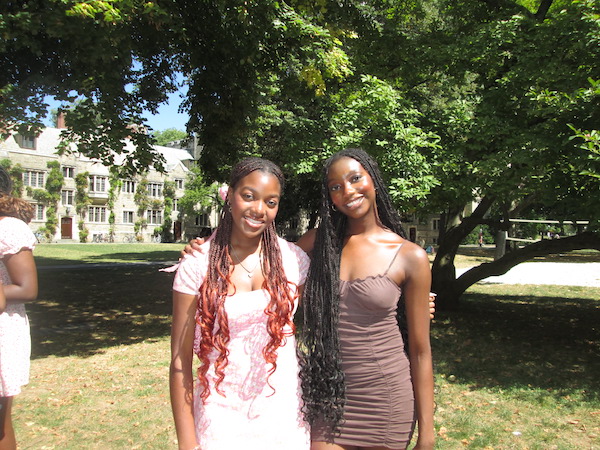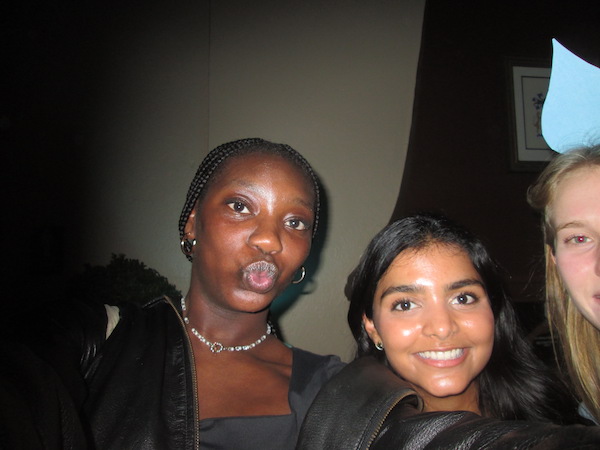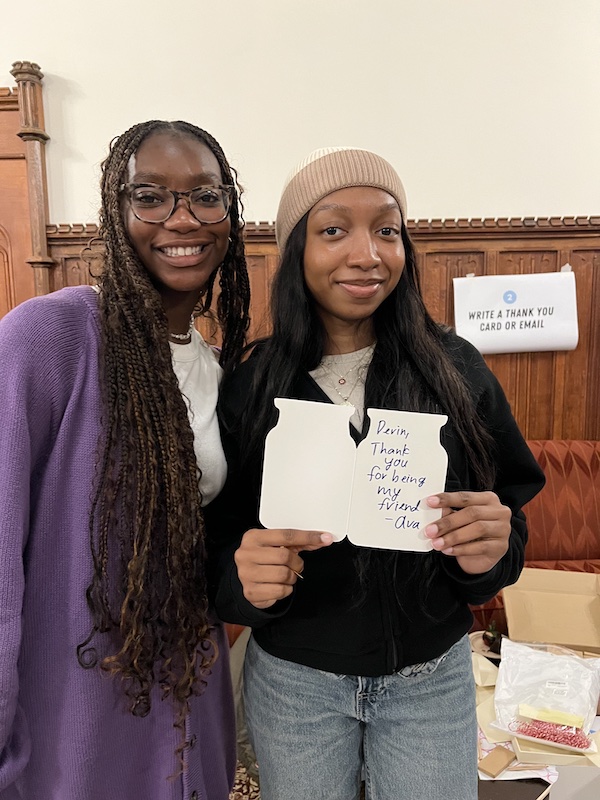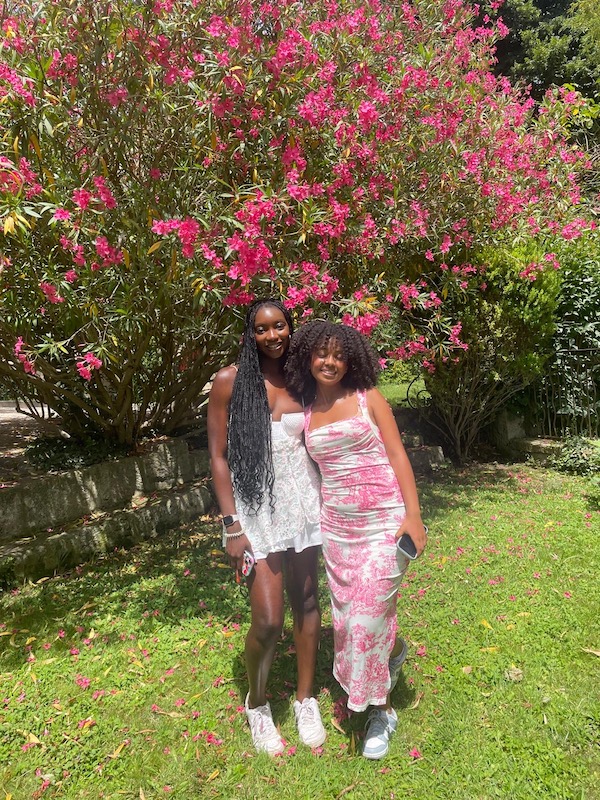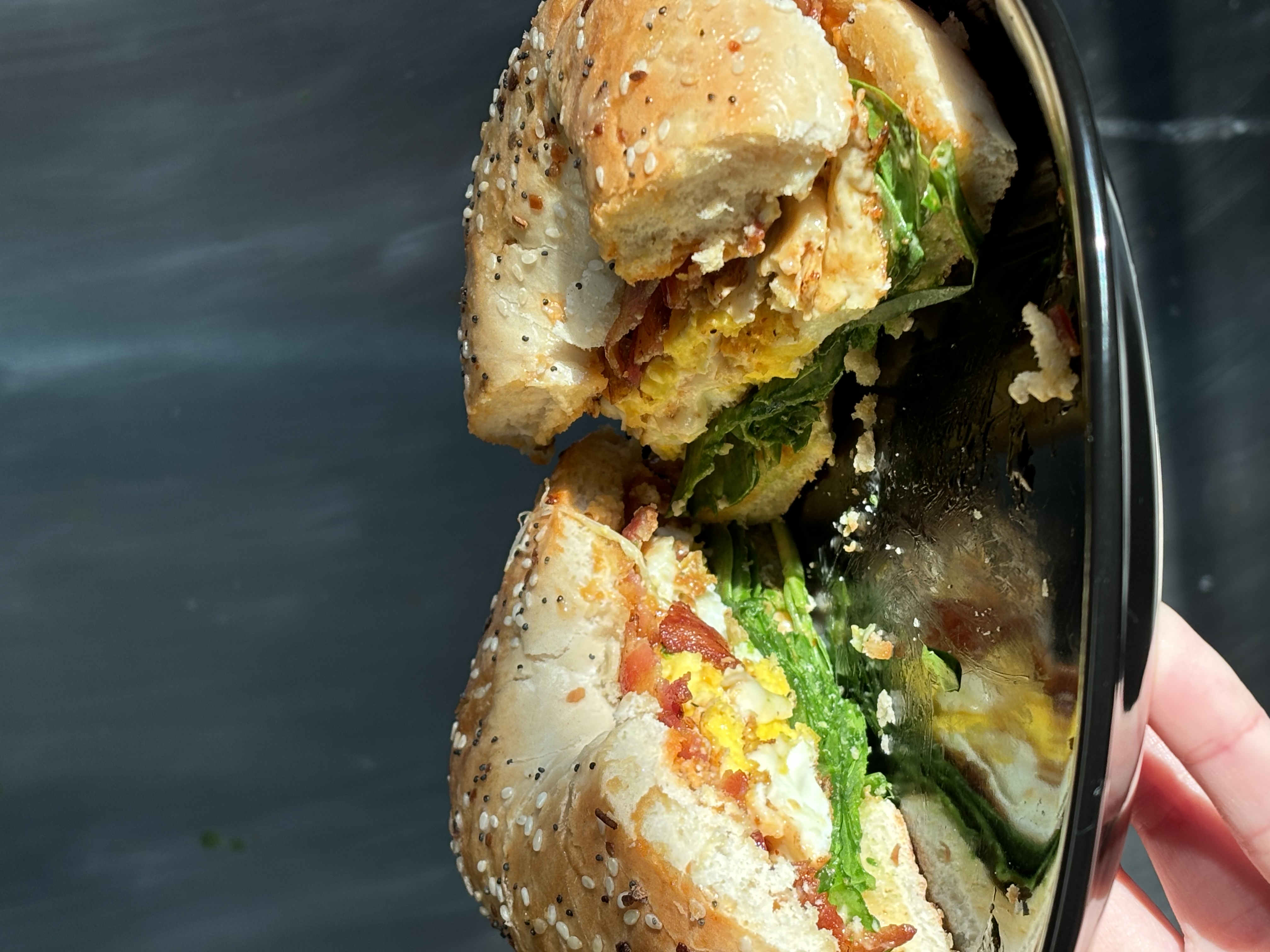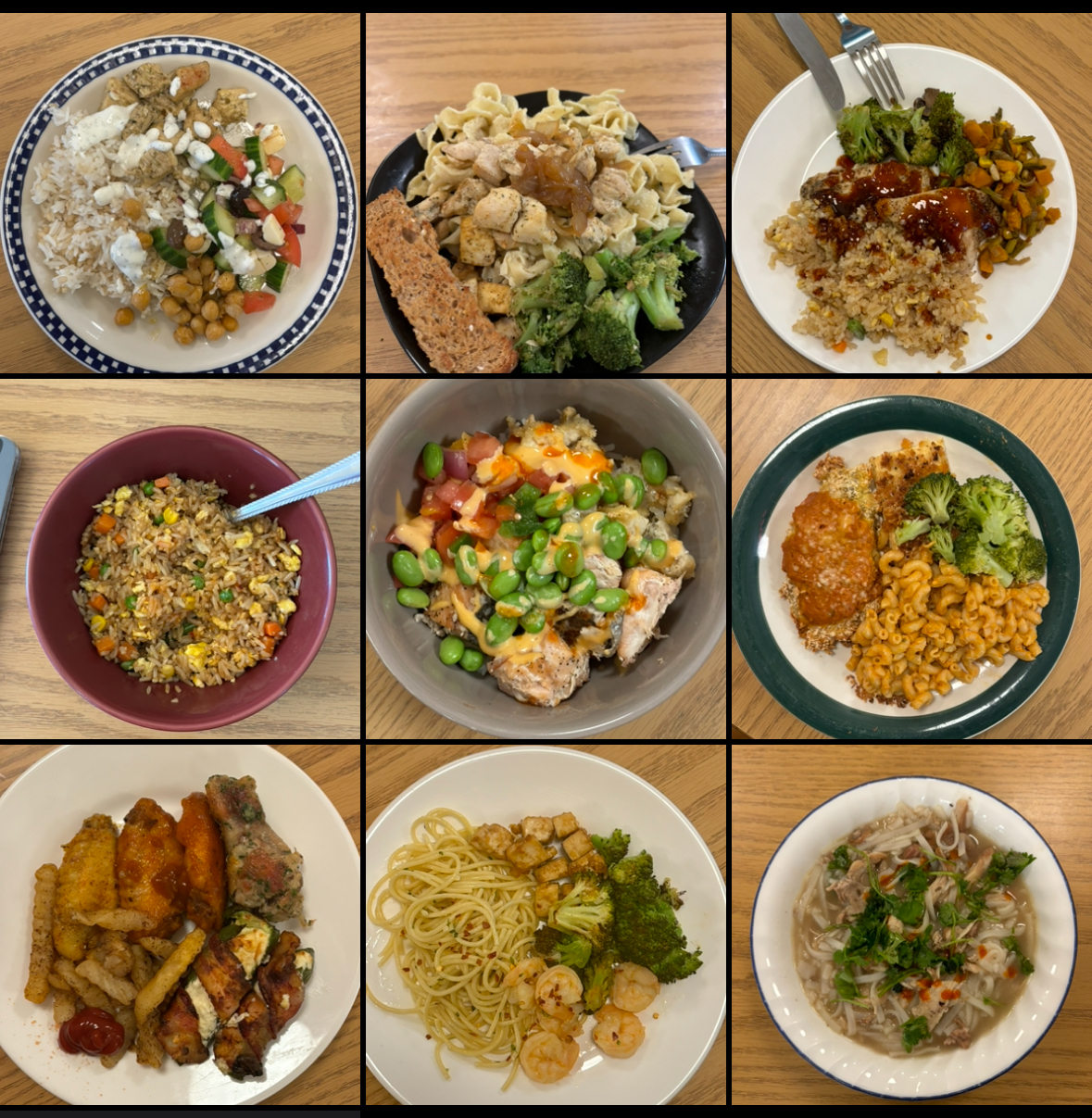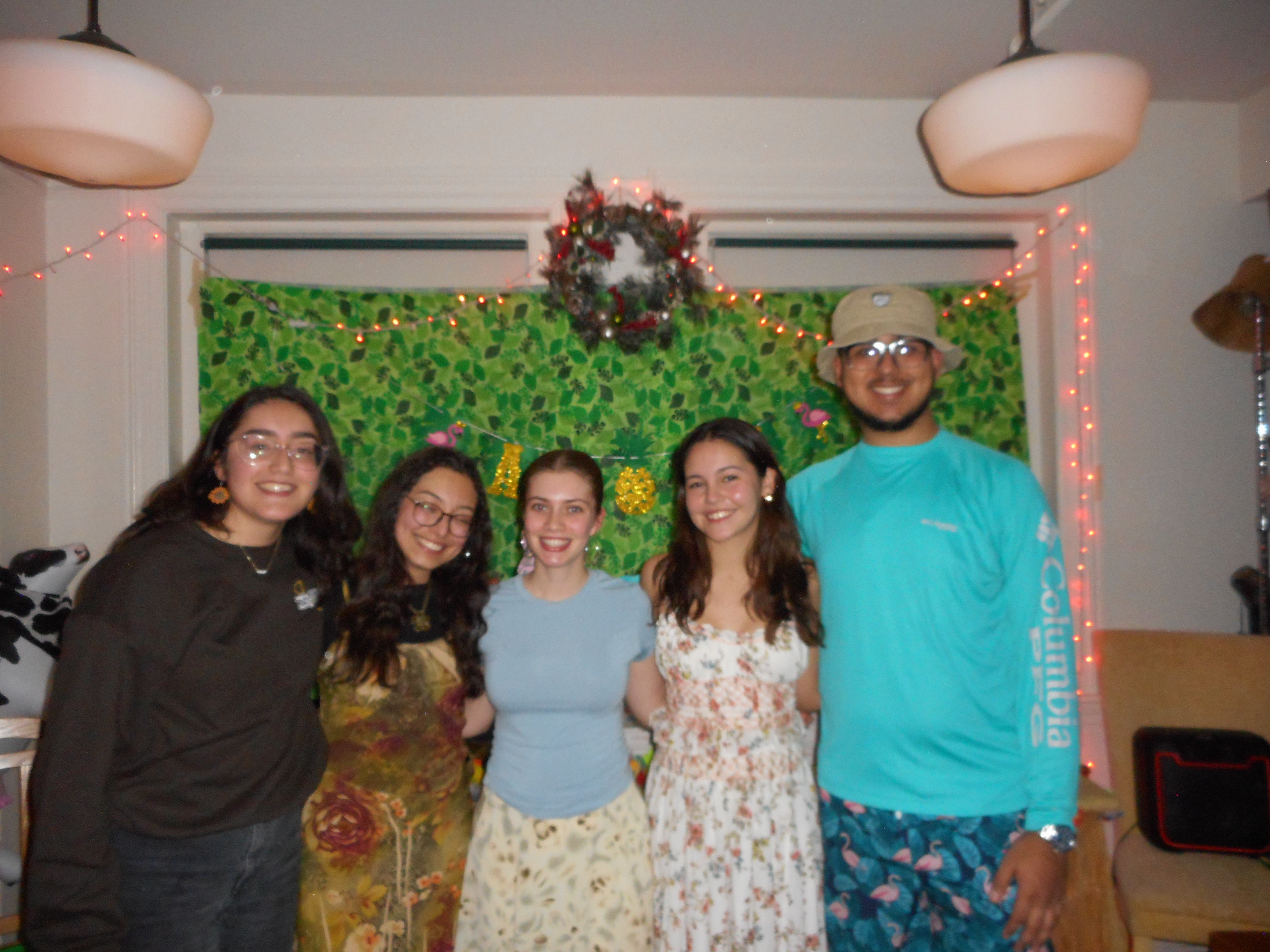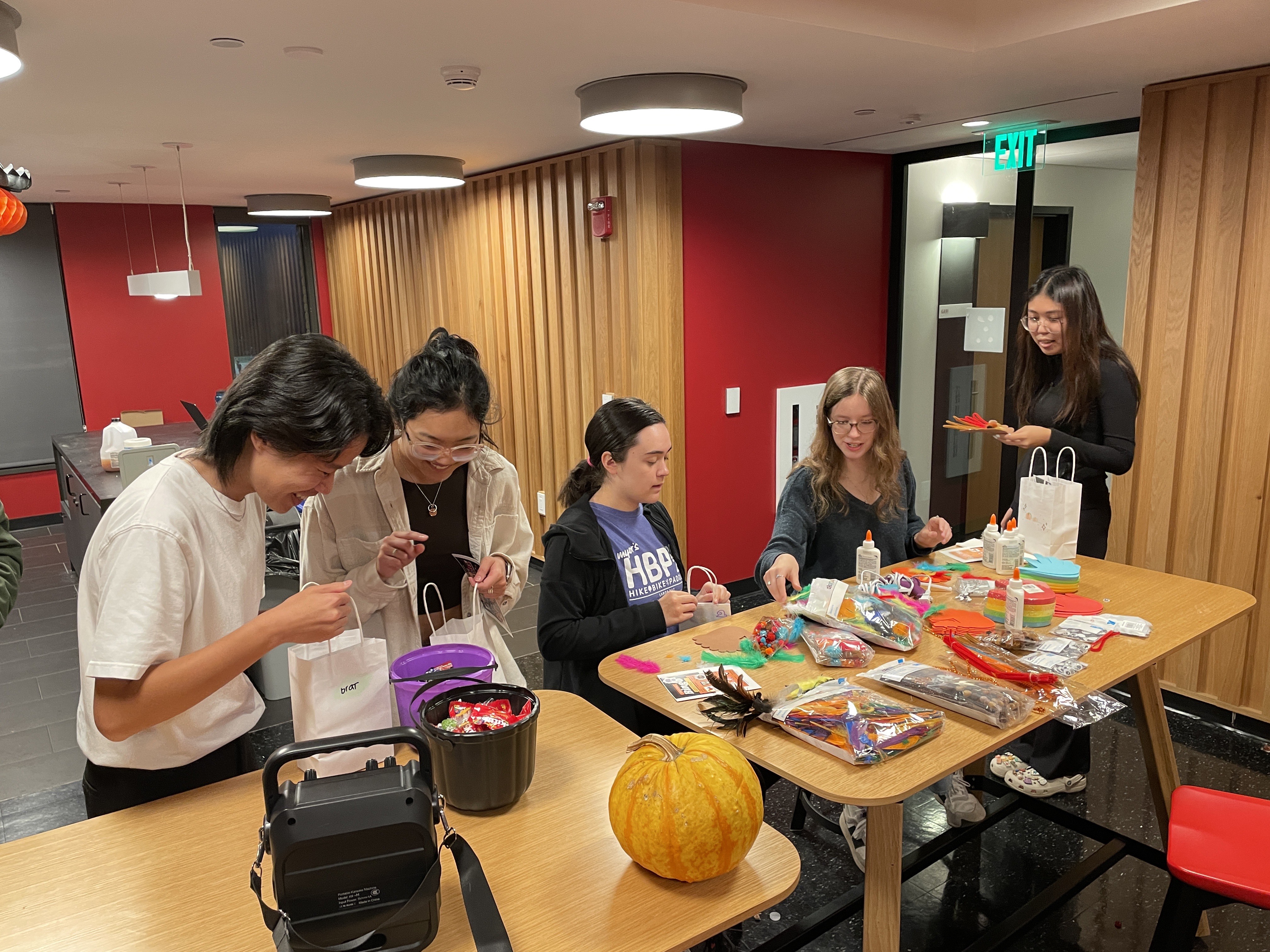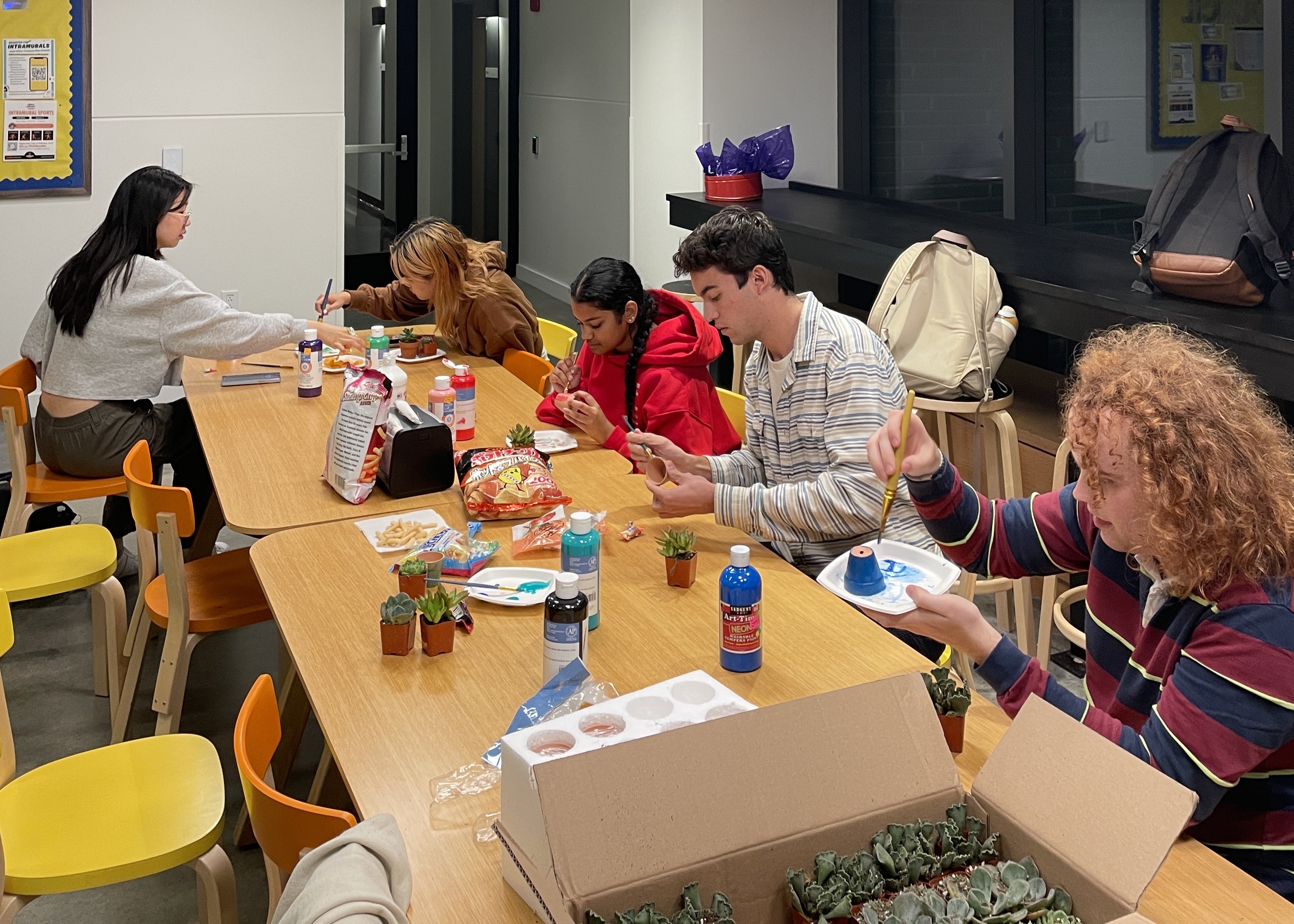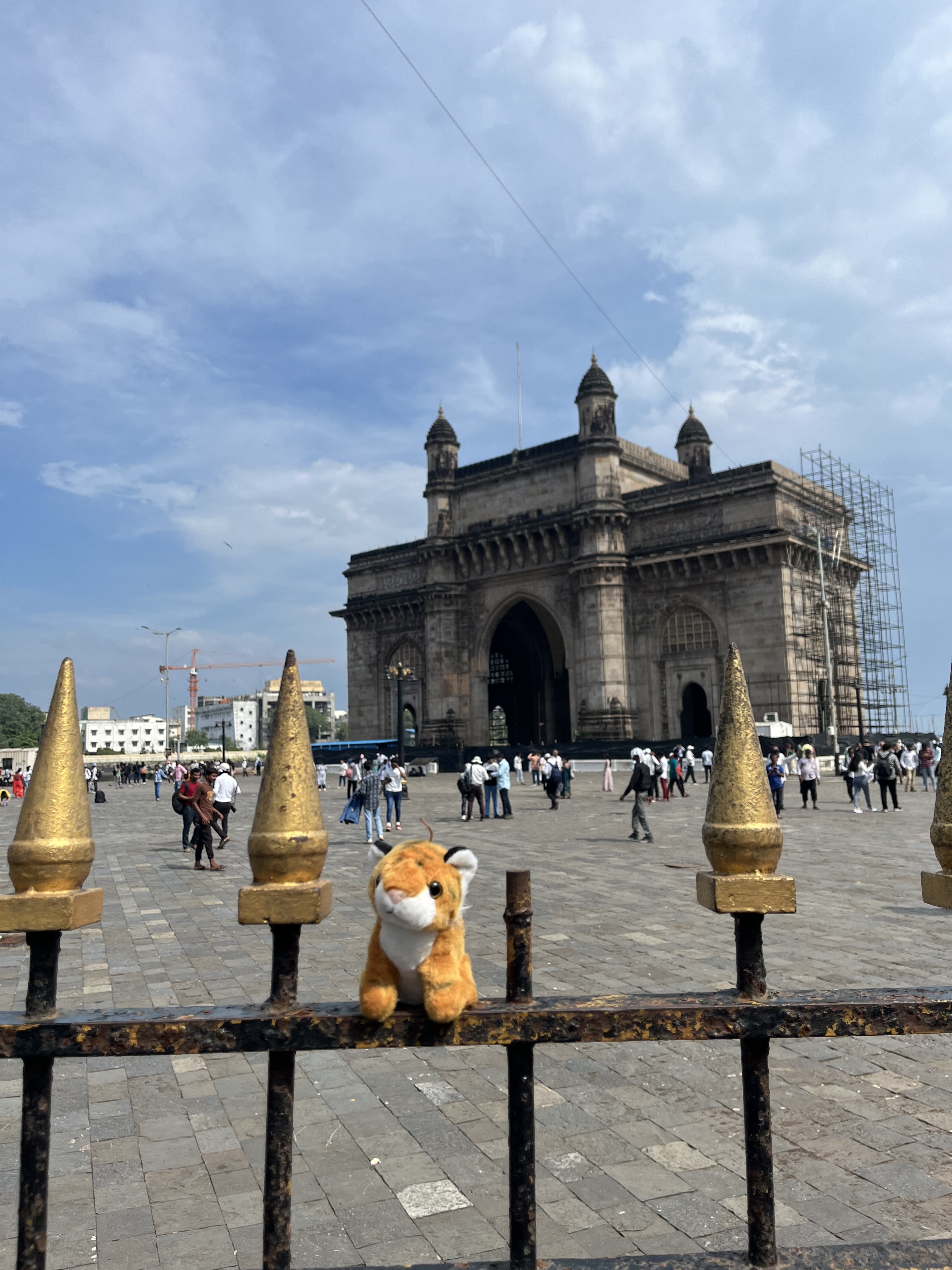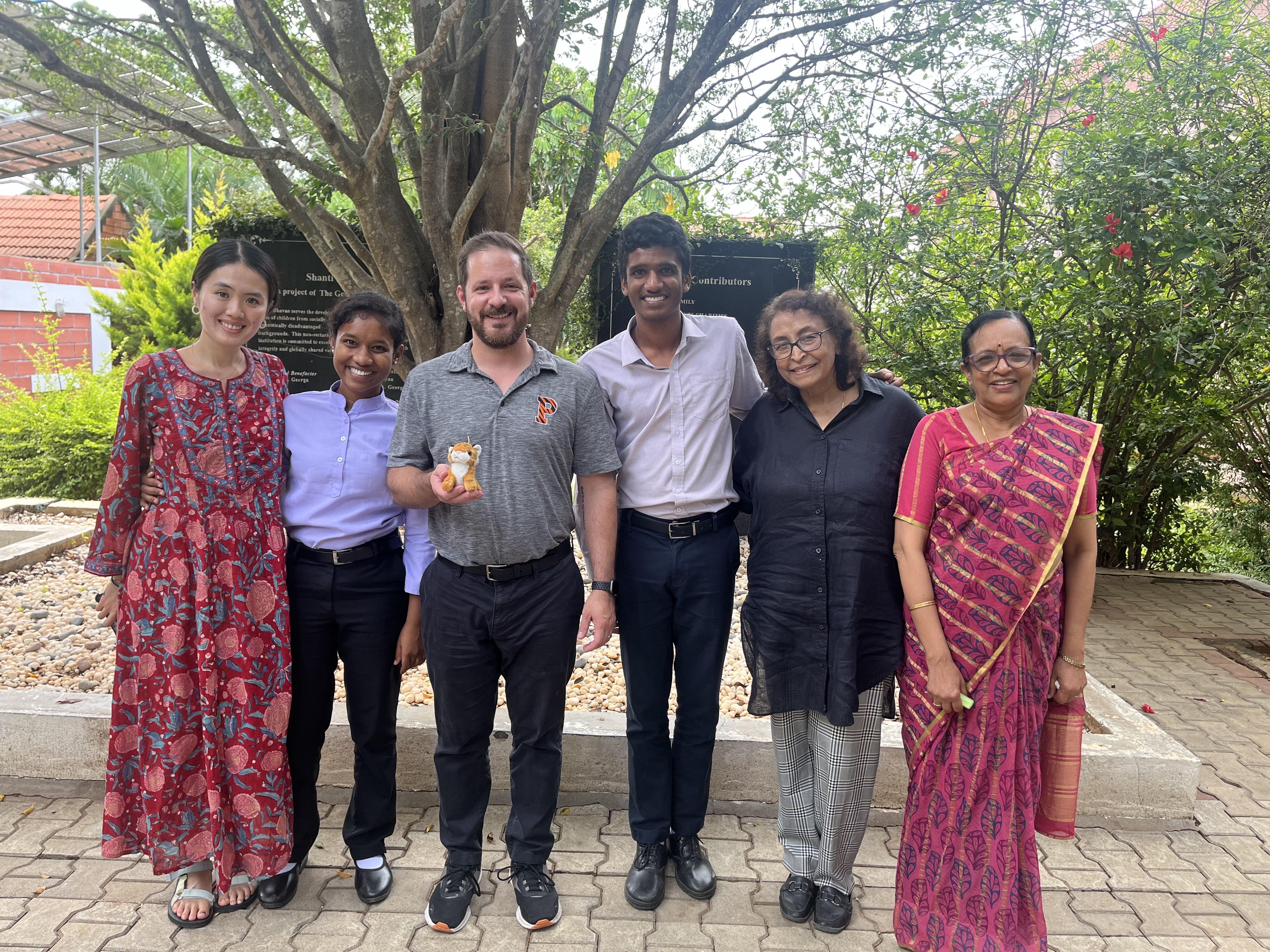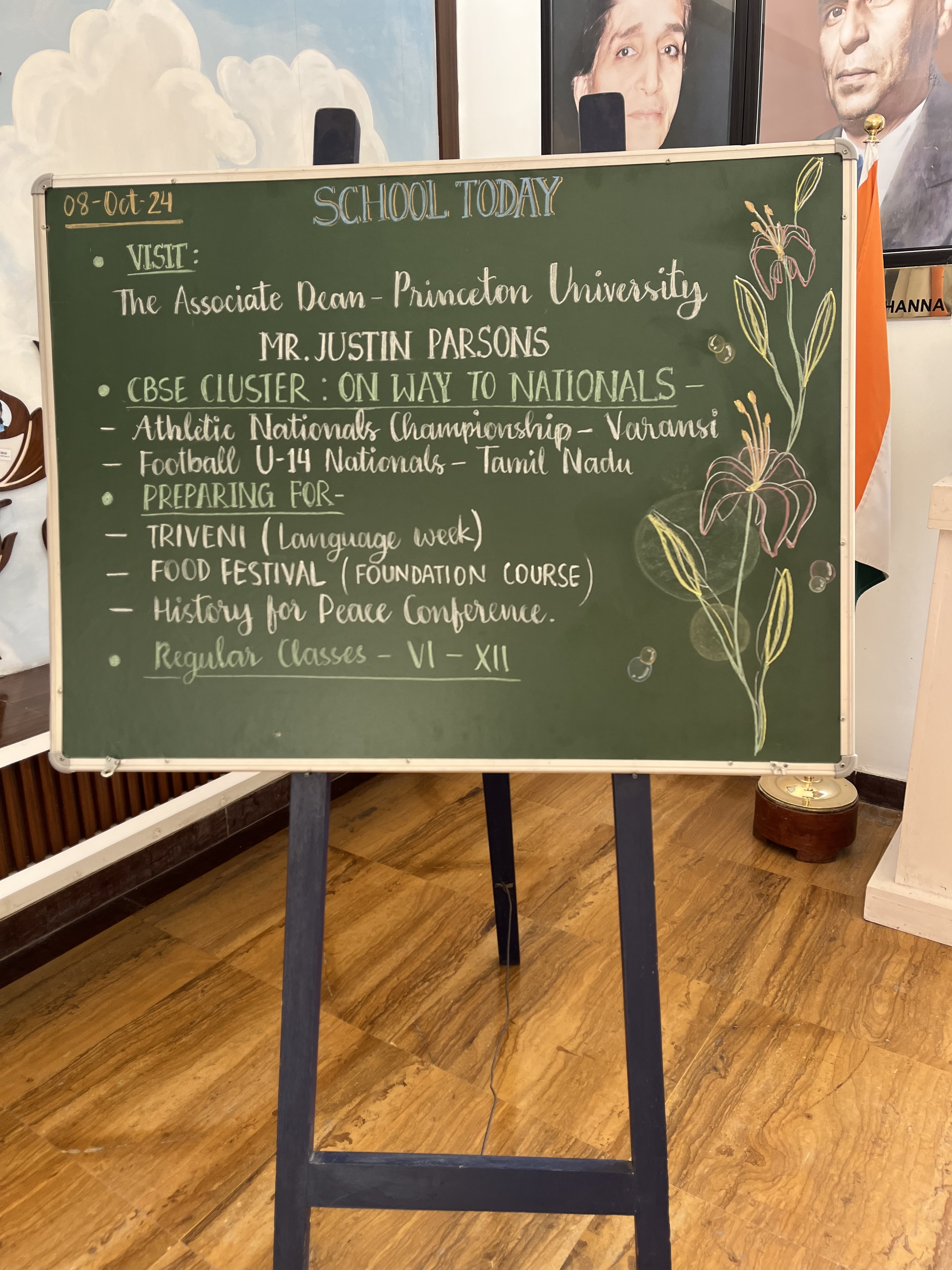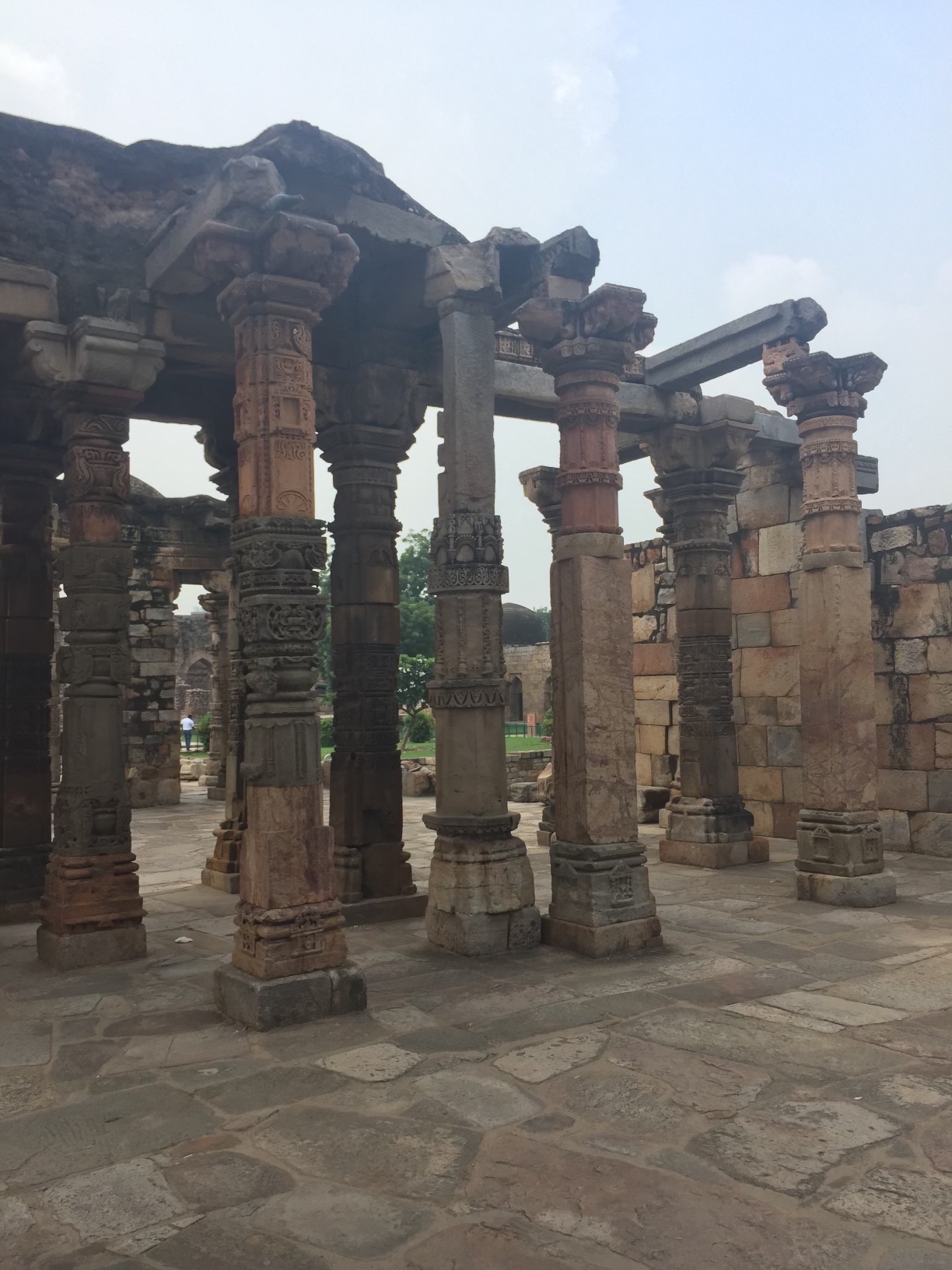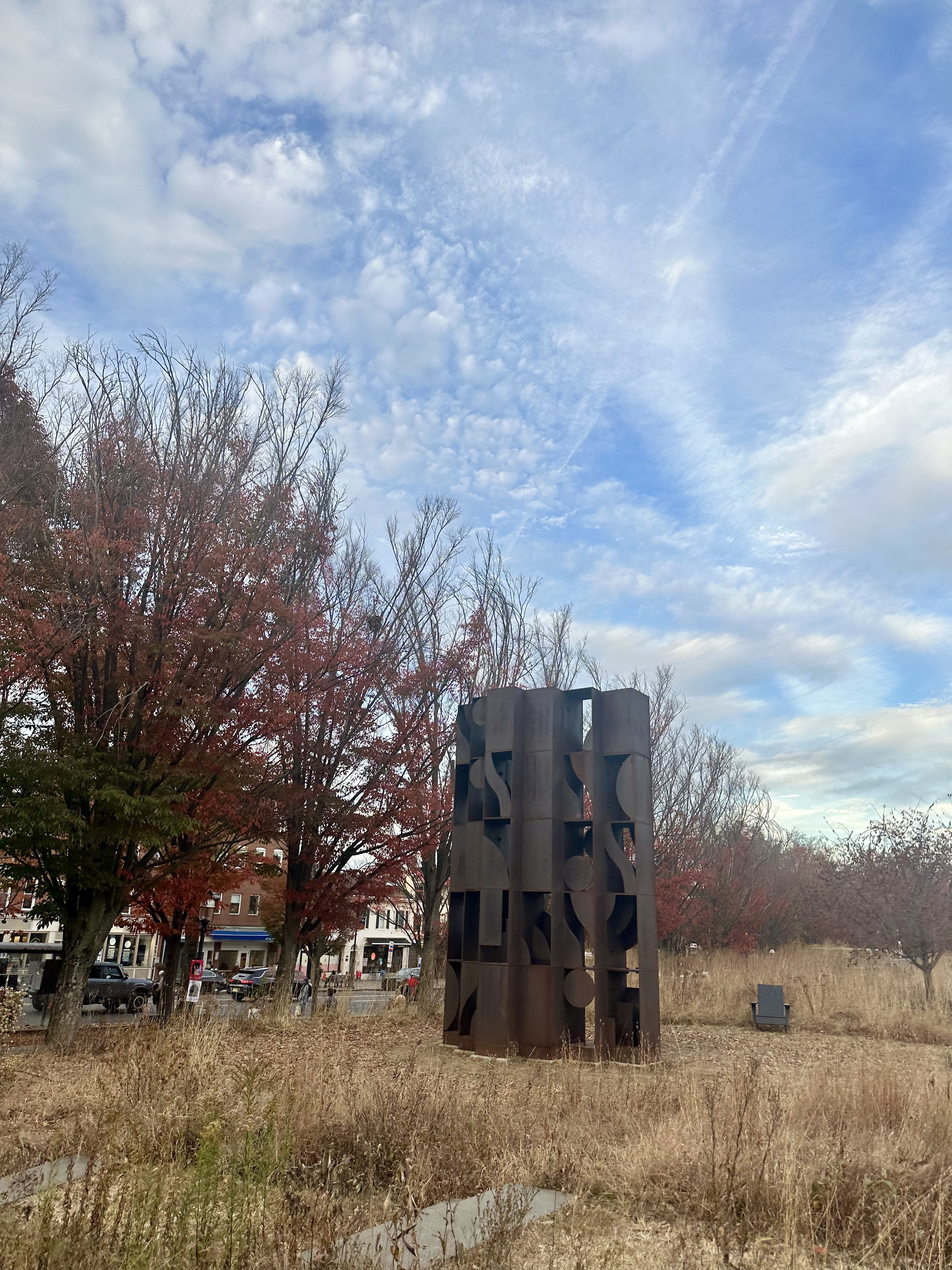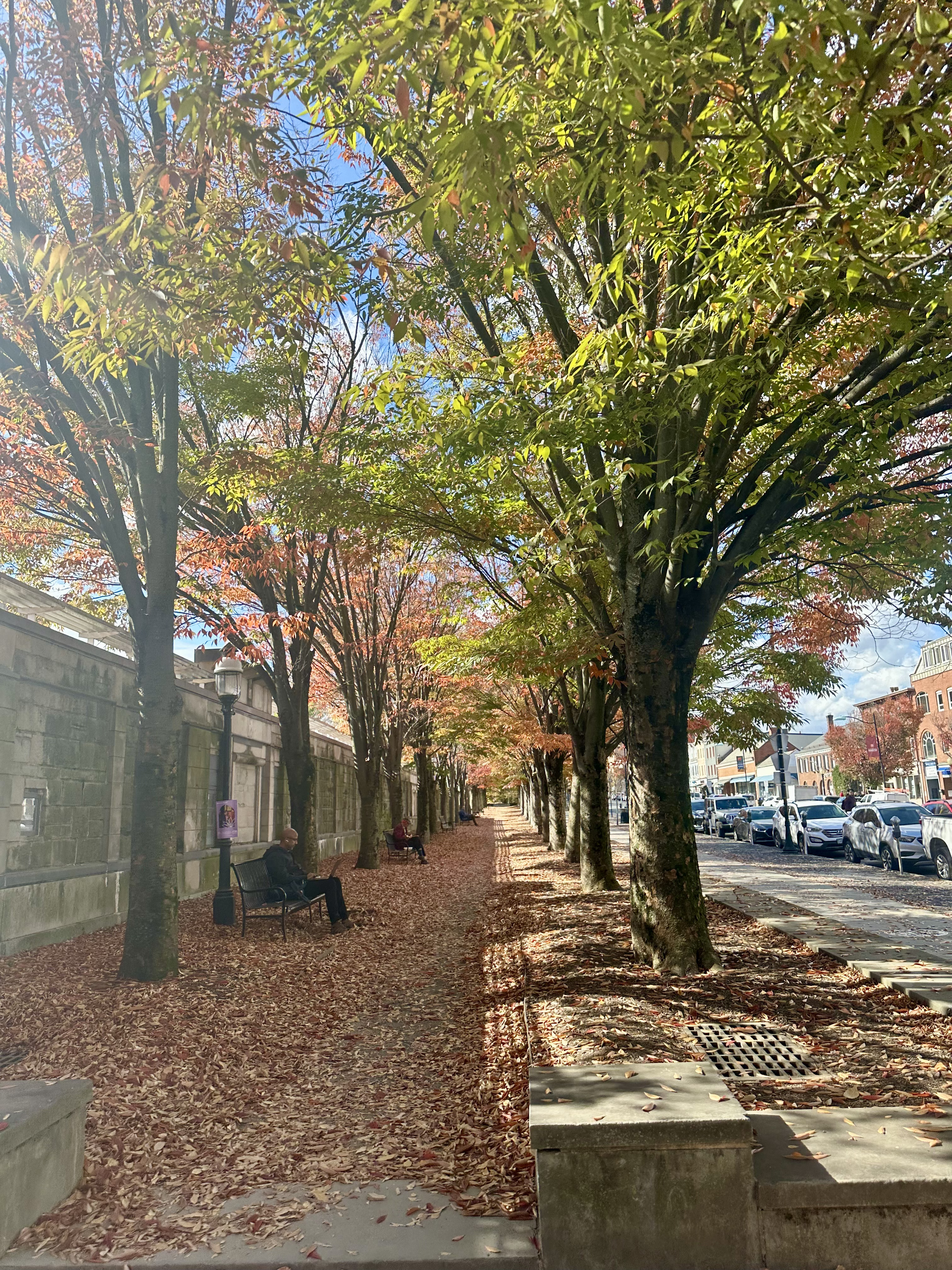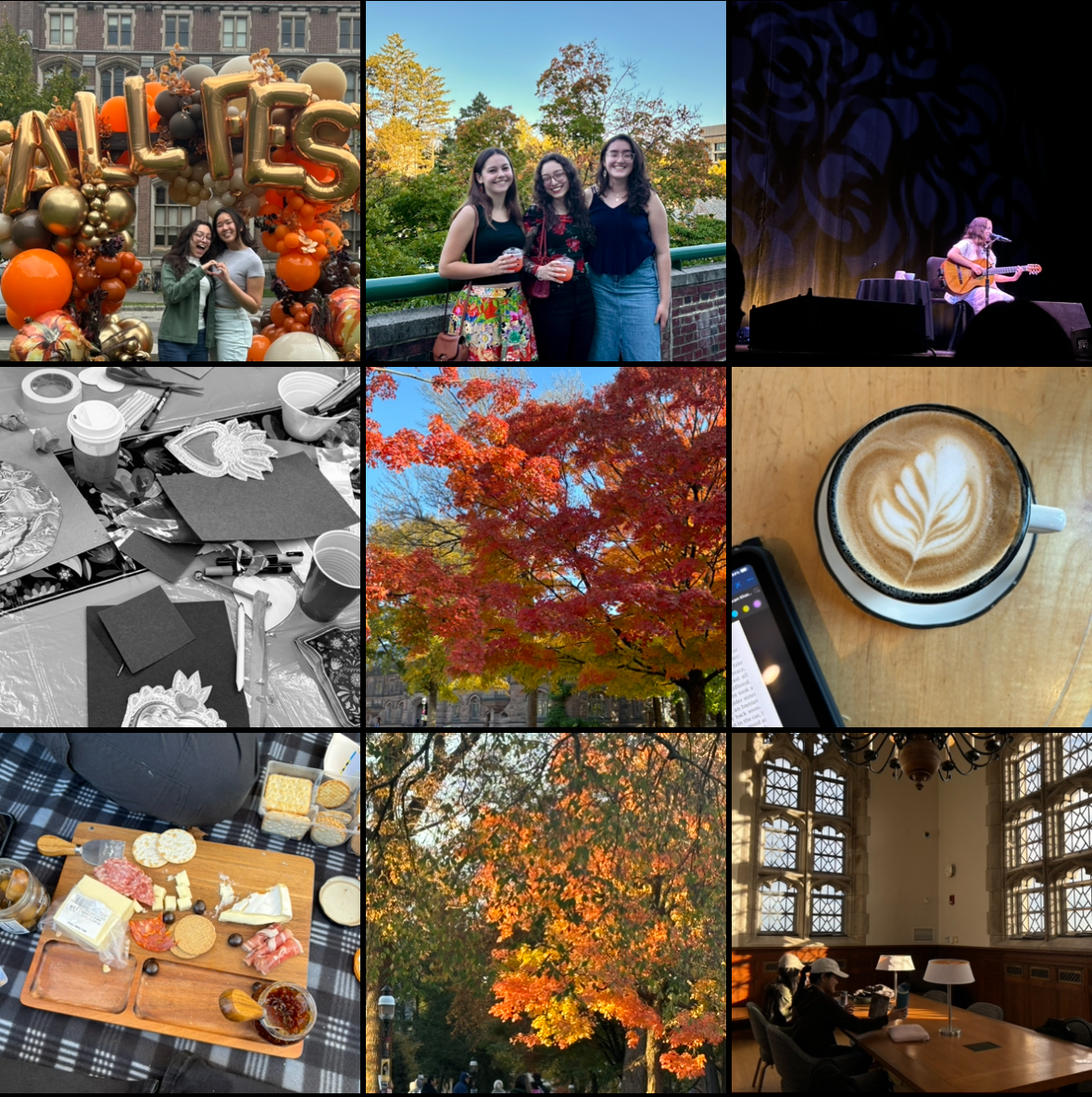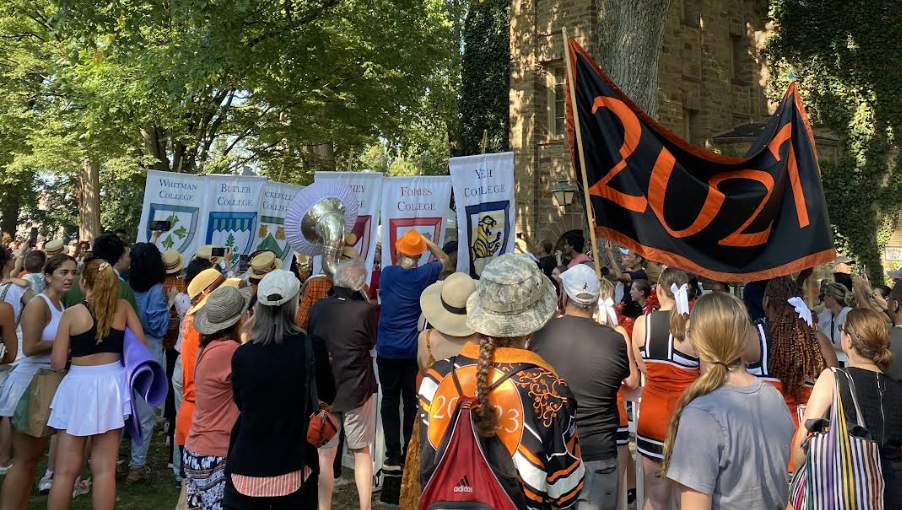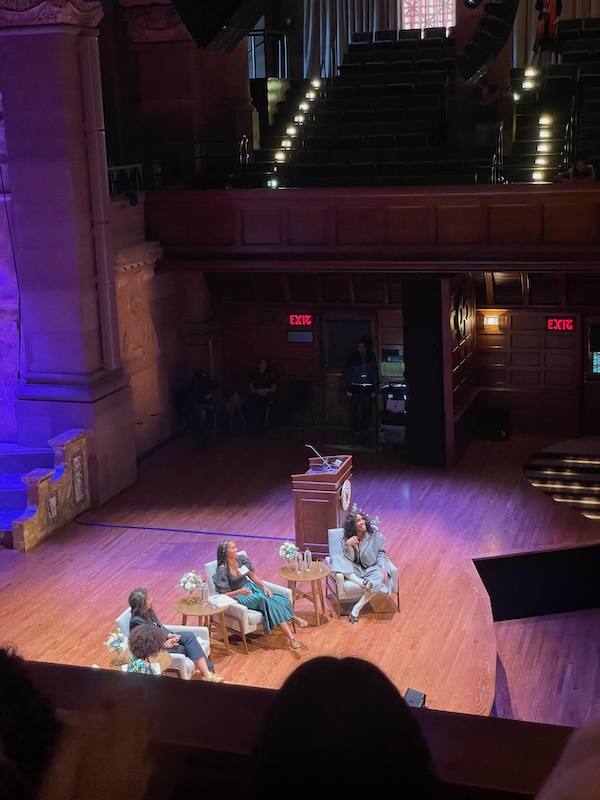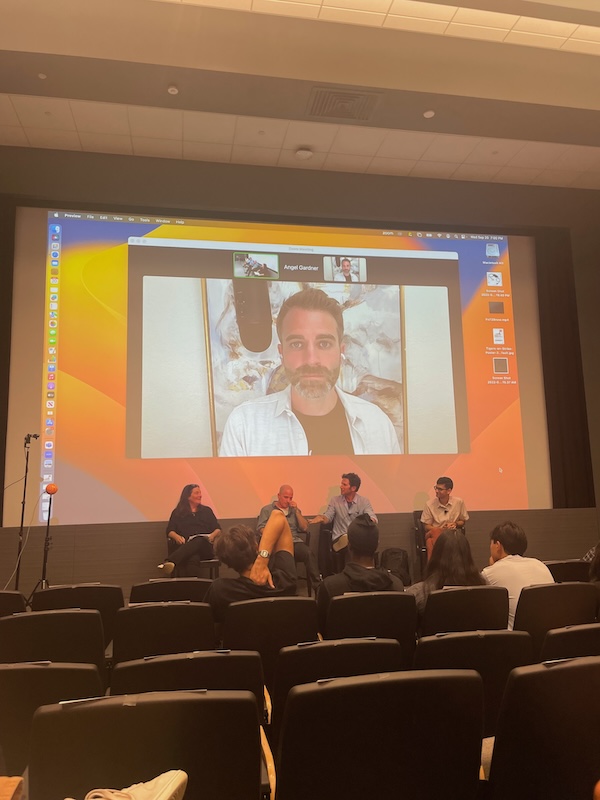As a South Carolinian, I can proudly say I do not have too much experience with the snow. On one or two rare occasions growing up, I was able to make an actual snowman, or one that was as tall as me. Other than that, though, I could count on two hands the number of times I had seen snow before arriving at Princeton.
When I officially decided to come to Princeton, one of the many reasons backing up my decision was the chance of me regularly seeing snow… real snow. Coming from the South, I had always pictured the Northeast getting inches and inches of snow every single winter, with snowflakes falling around every corner and the aesthetics of all the classic Christmas movies. So, of course, I was beyond excited for the opportunity to experience some amazing snowfalls upon enrolling.
Before returning from winter break, I heard news that Princeton had just gotten a huge snowfall, admiring pictures of campus’s winter wonderland. Blair Arch was adorned with crystals of snow, and there was a shimmering frosty blanket covering Cannon Green. As I made my way back to “Old Nassau” a week later, I was just hoping there would be some inches of snow left for me to see!
Well, I can assure you I was not disappointed. Right when I set foot back on campus, I was immediately taken away by the beauty of the snow paired with the beauty of Princeton — and was slapped in the face by a blast of cold air! Even though it was around nine o’clock at night and I had a duffel bag, suitcase, and backpack I was lugging around, I just had to walk around campus and embrace all its wintry feelings, having seldom seen anything like this at home.
With all my belongings with me, I walked over to McCosh Courtyard, East Pyne, and of course, Nassau Hall. Everything was so serene, and as ironic and corny as it sounds, though my hands were freezing from taking so many pictures, I felt so warm.
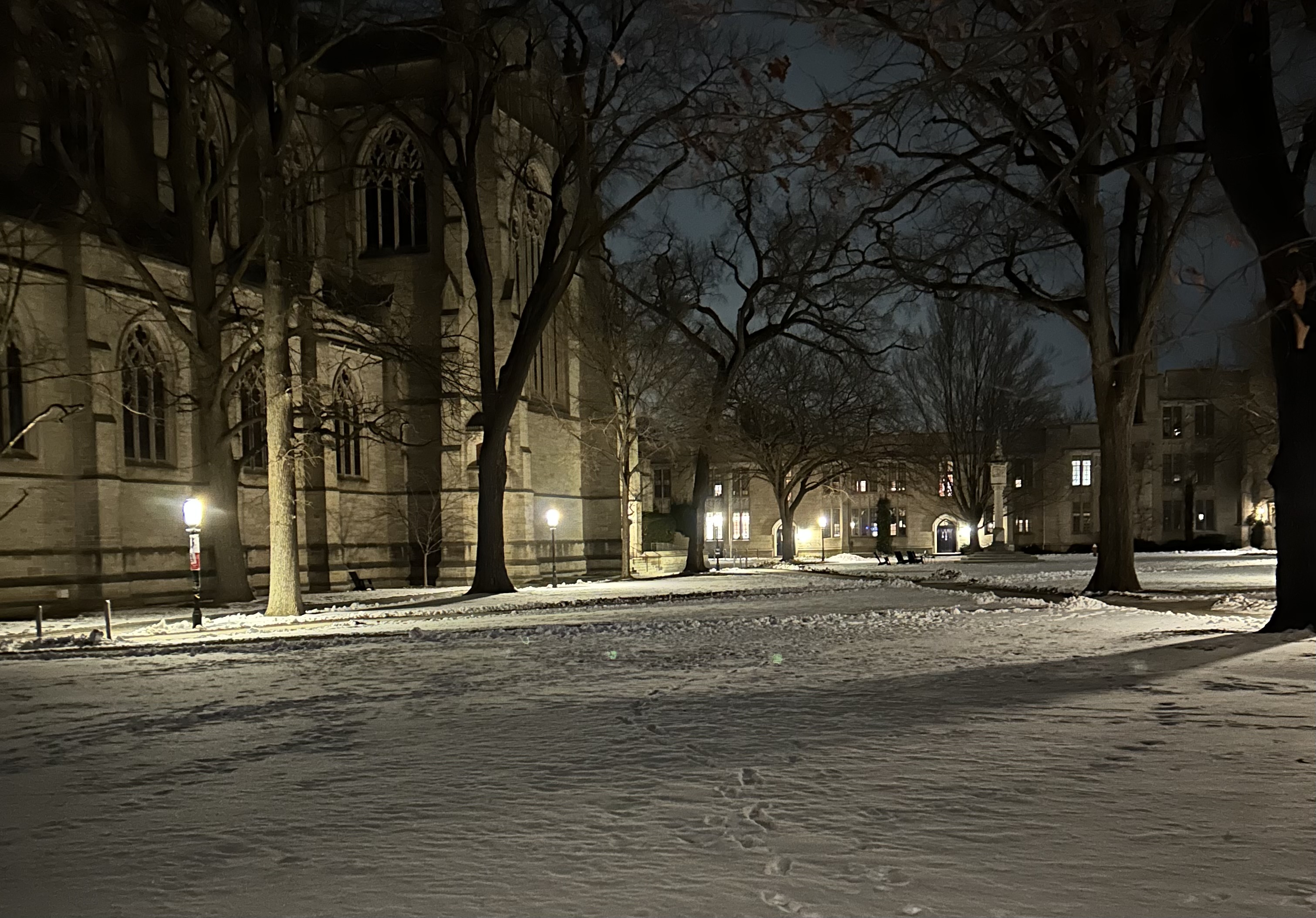
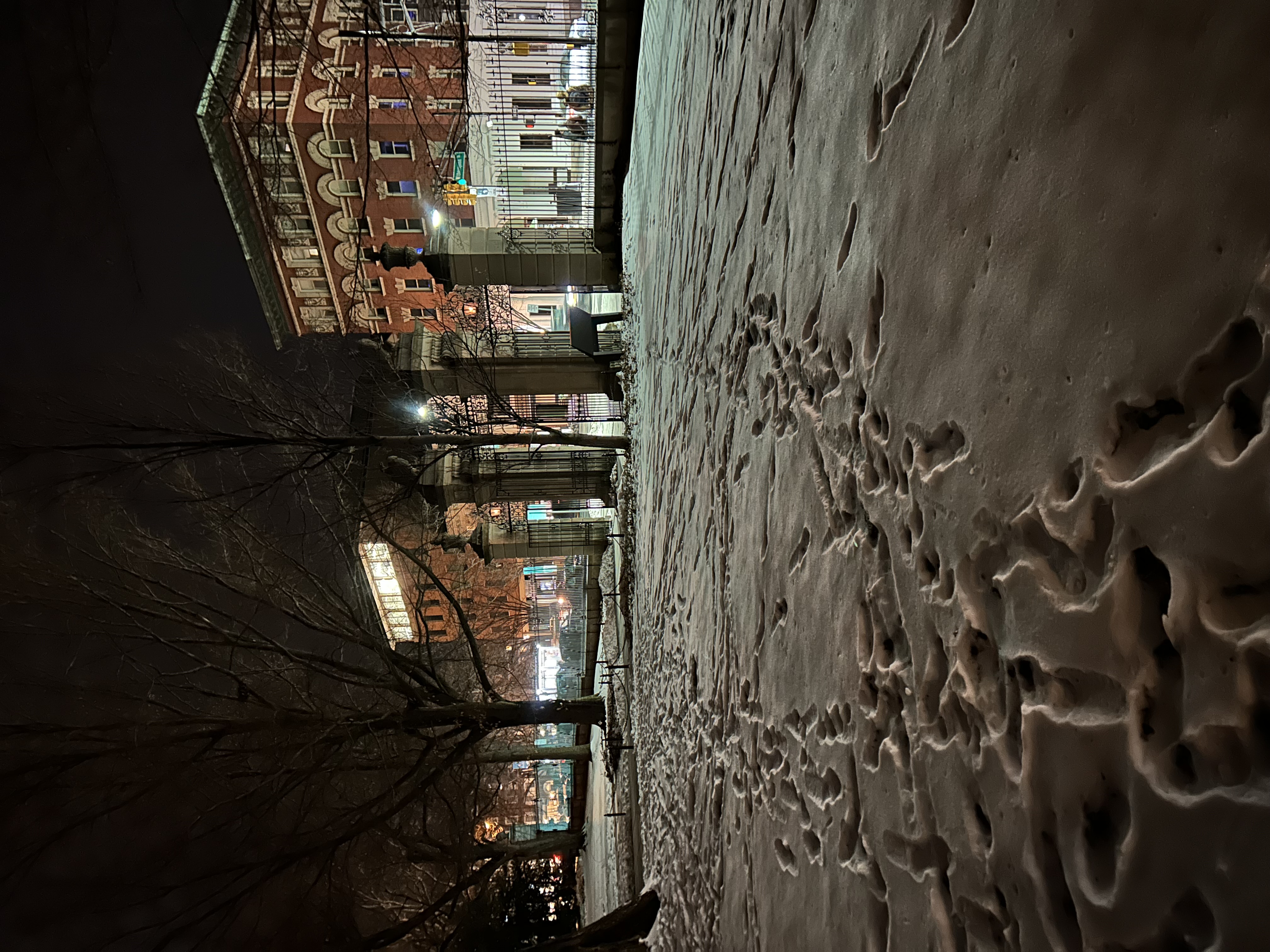
As I stood in front of Nassau Hall, with its lights and ivy leaves and the ocean of snow surrounding it, I was simply overwhelmed with gratitude. Reflecting on my journey up to that moment, all I could do was give thanks to the Lord for allowing me to come to this beautiful school.
And the best part is that even when all the snow melts away, Princeton will still be beautiful, not just because of its naturally stunning architecture, but because of its people. The people I have met here truly are and will always be the most beautiful aspects of this school to me. In fact, as I gathered my belongings and started making my way to my dorm from Nassau Hall, I saw one of my closest friends heading toward Nassau Street. Having not seen each other in over a month, we gave each other a big hug. A friendship like that will always be more beautiful to me than any snowy landscape — but the snow is always a nice sight to see!
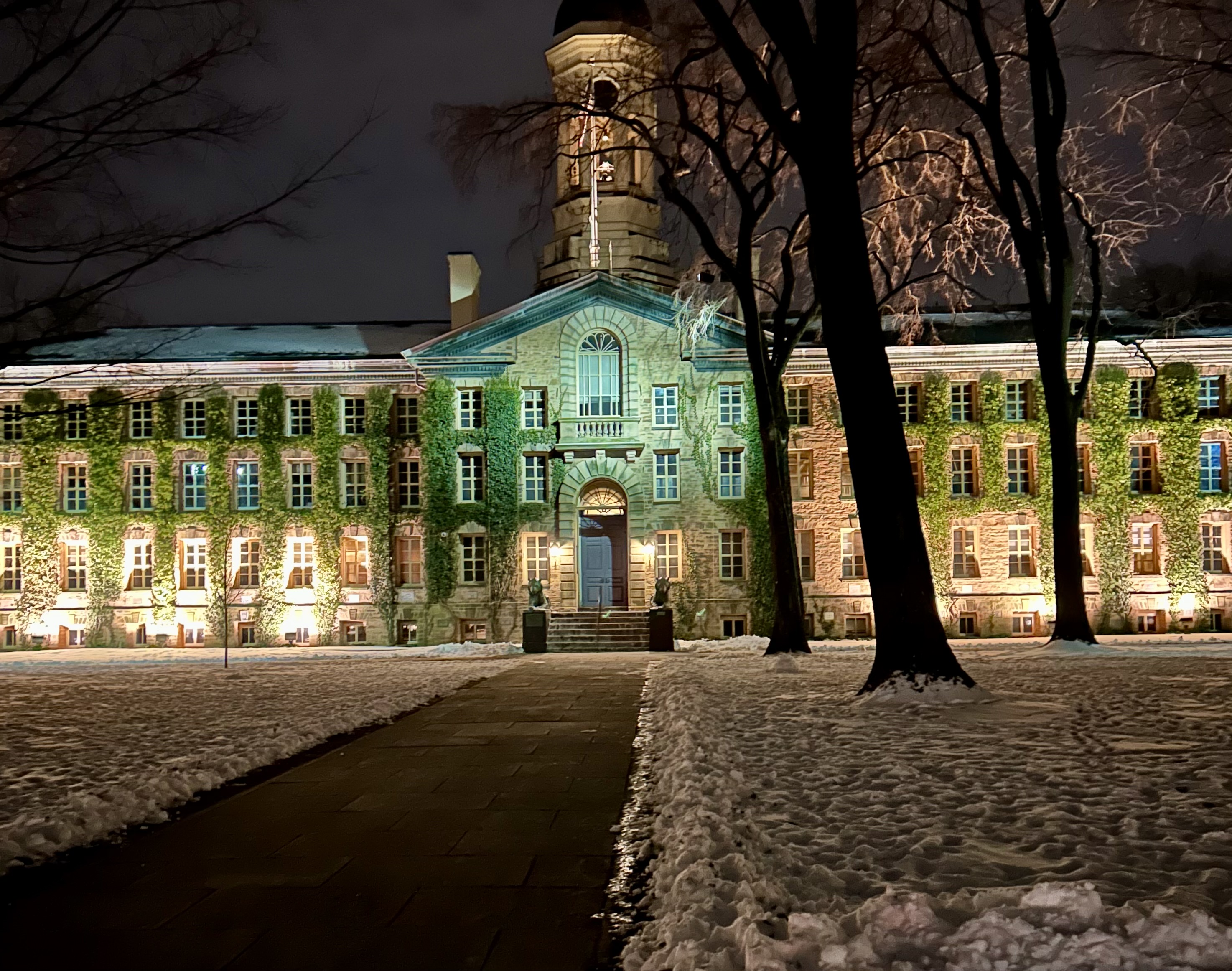
Needless to say, I am very grateful for my first snowfall at Princeton and all the different forms of beauty this school radiates, and I know there is snow much more to come!







